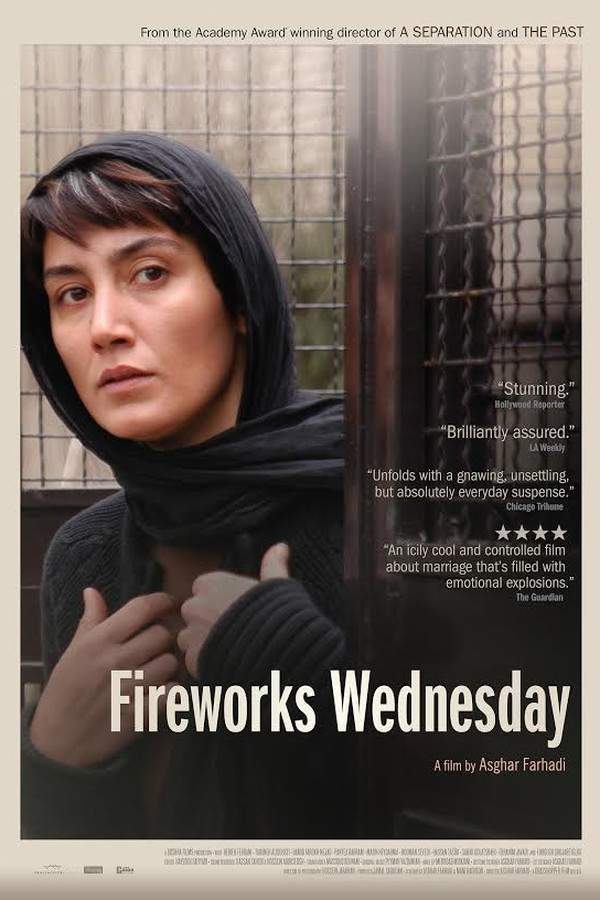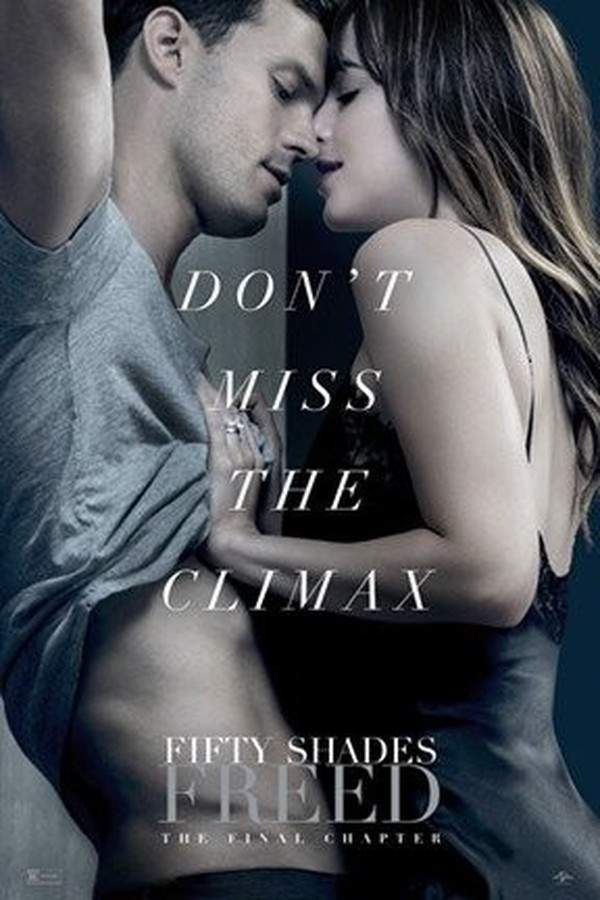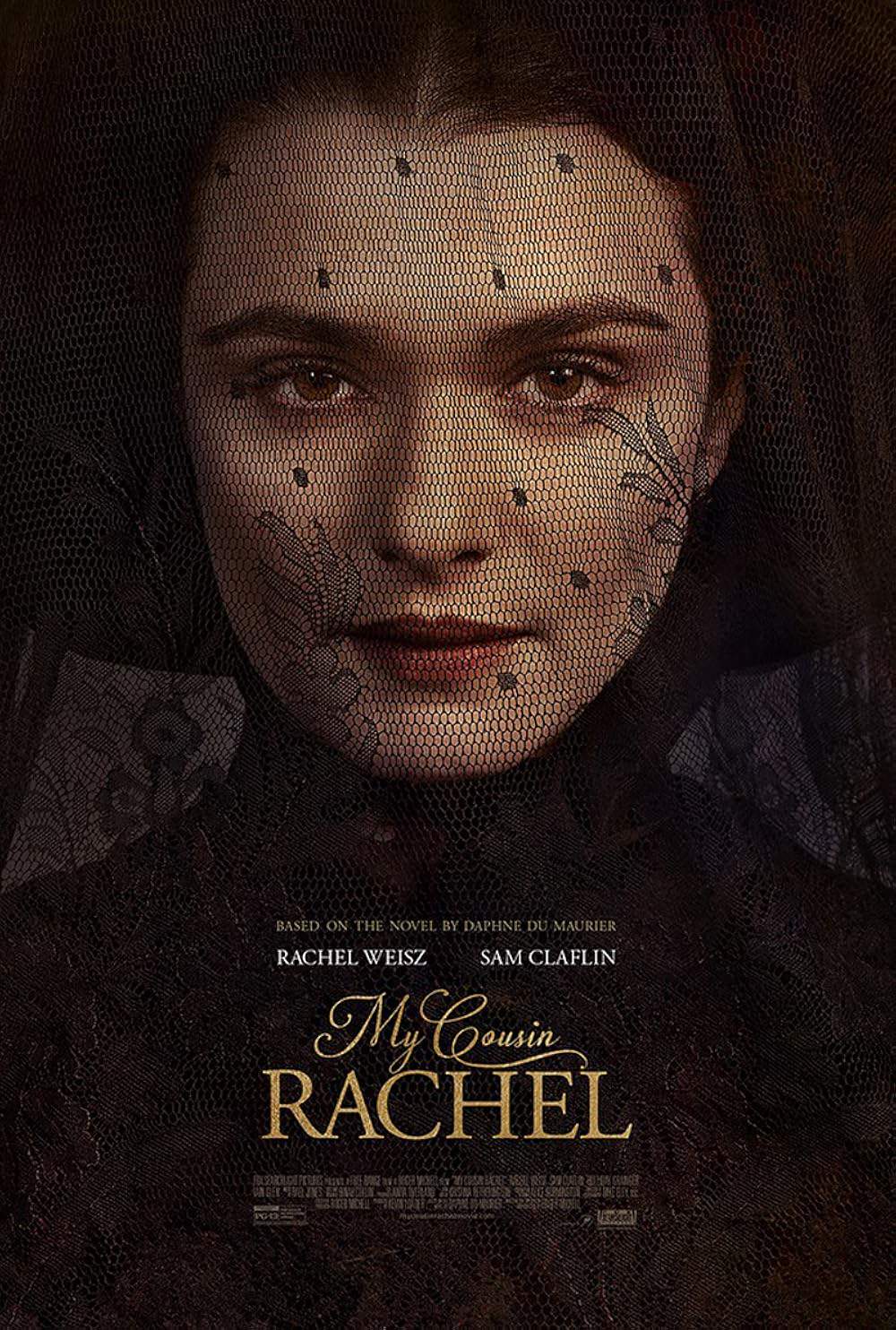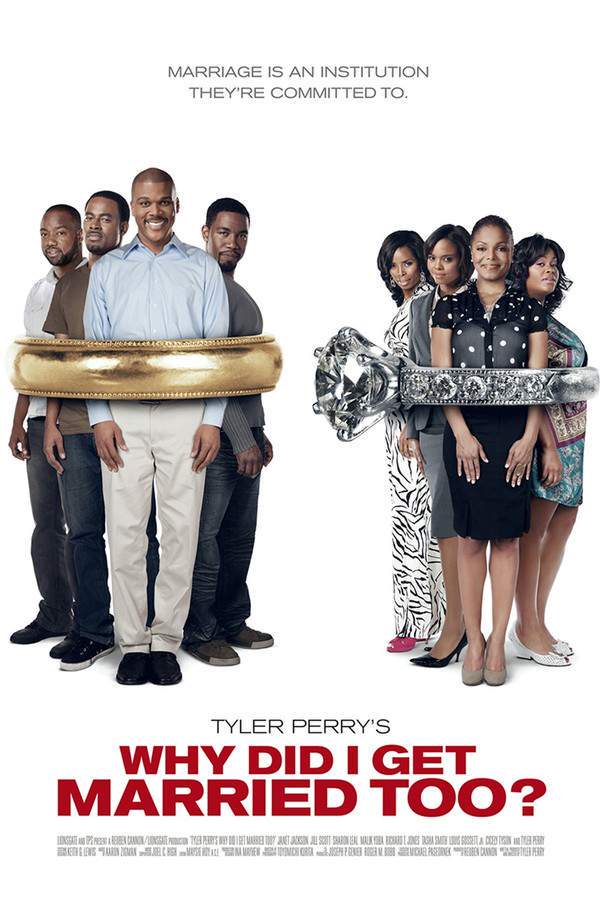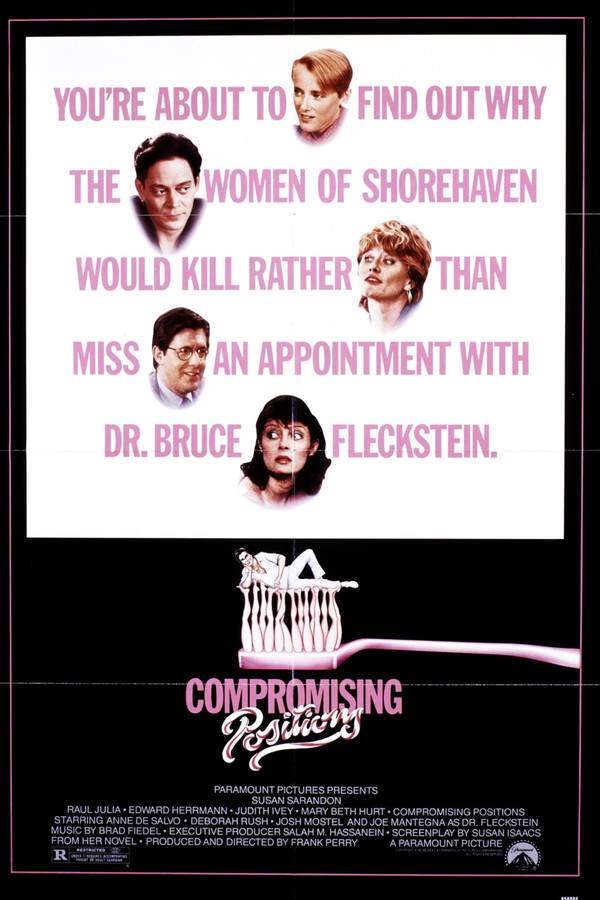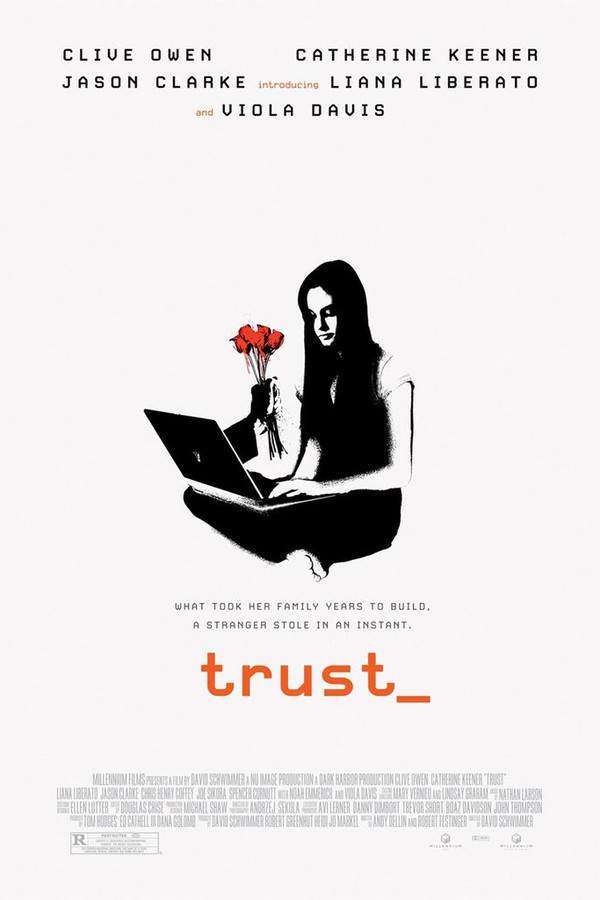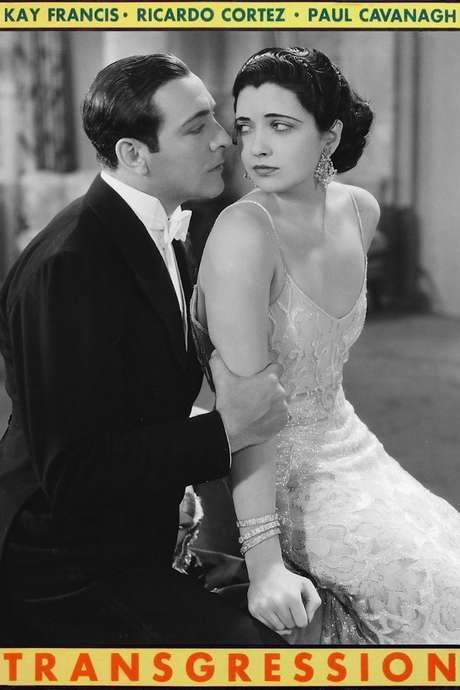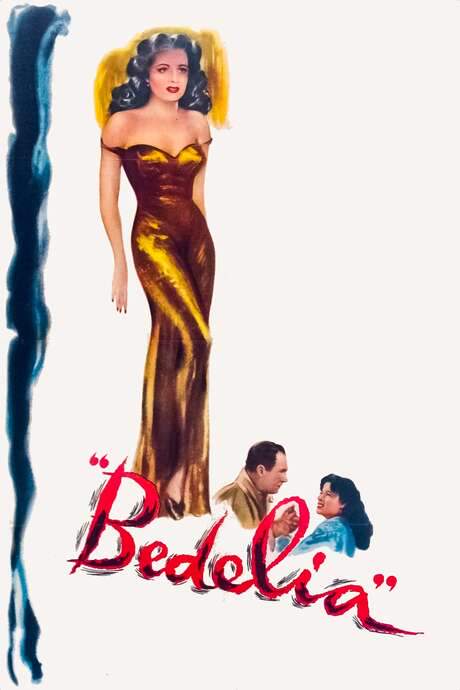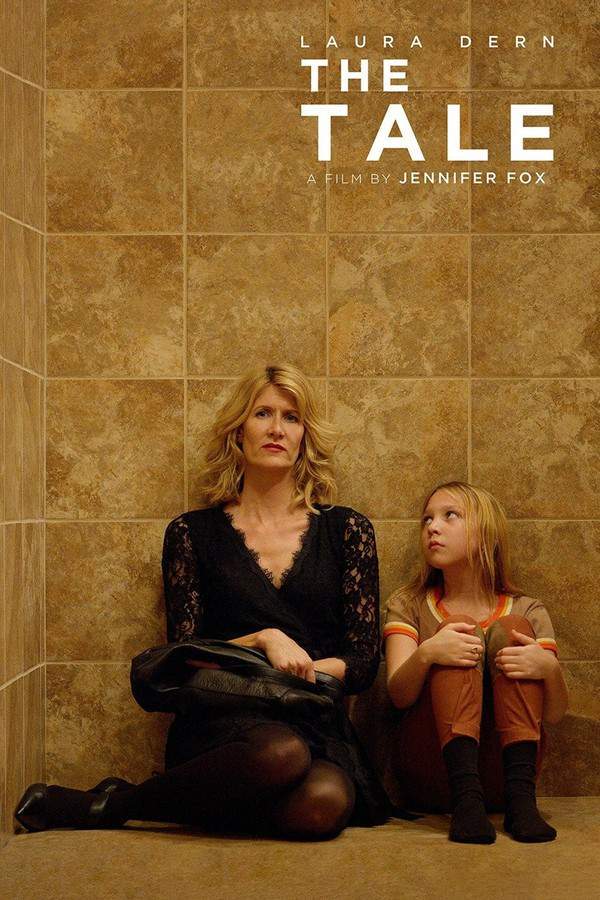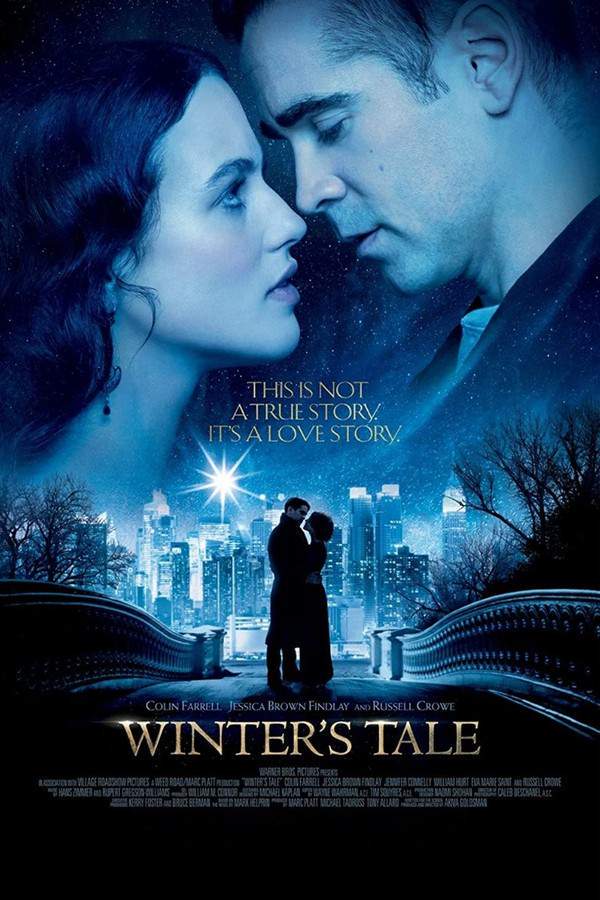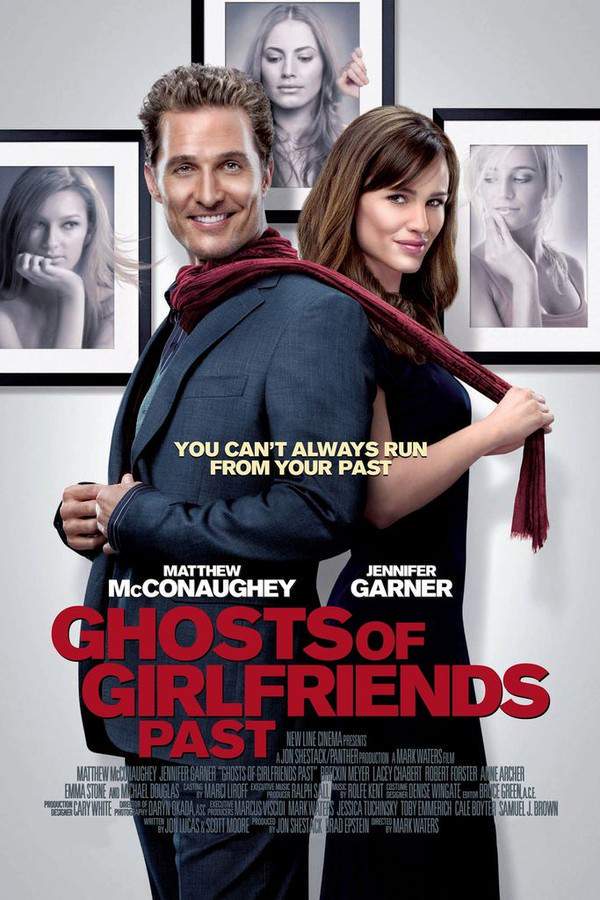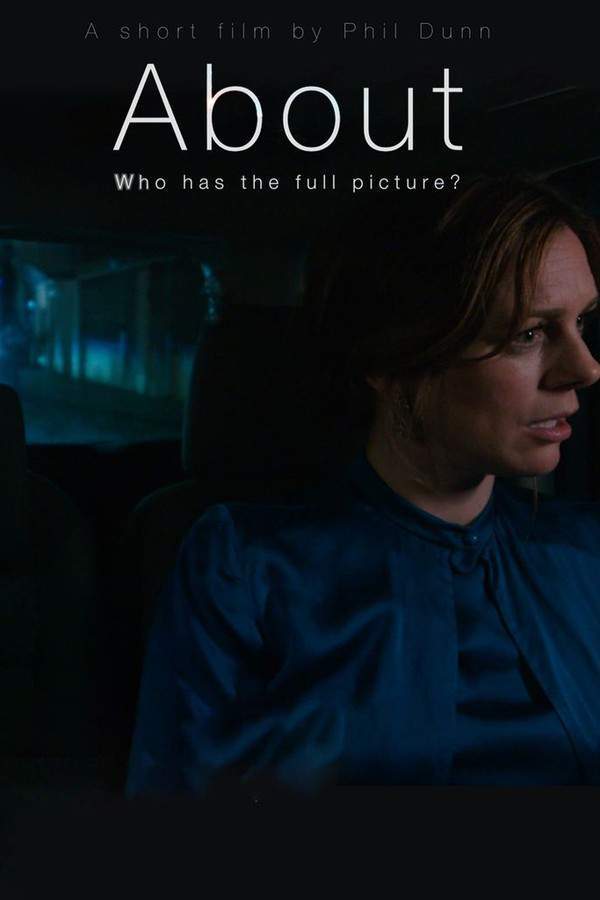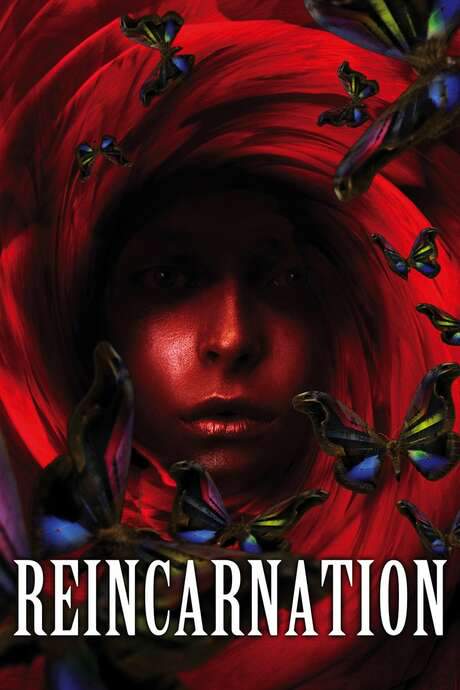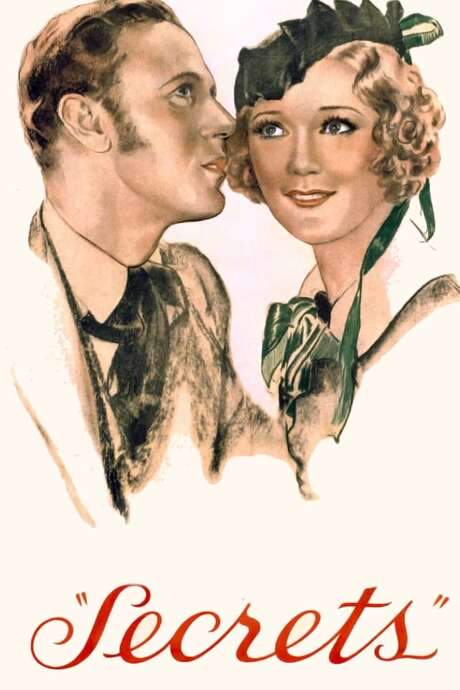
A Letter to Three Wives
Year: 1949
Runtime: 103 mins
Language: English
Director: Joseph L. Mankiewicz
Three wives receive a shocking note from their longtime friend Addie Ross, who tells them she is leaving town with one of their husbands, though she never reveals whose. As the women grapple with suspicion and uncertainty, each wonders if she has wandered off with their own spouse, setting off a tense, emotional drama.
Warning: spoilers below!
Haven’t seen A Letter to Three Wives yet? This summary contains major spoilers. Bookmark the page, watch the movie, and come back for the full breakdown. If you're ready, scroll on and relive the story!
A Letter to Three Wives (1949) – Full Plot Summary & Ending Explained
Read the complete plot breakdown of A Letter to Three Wives (1949), including all key story events, major twists, and the ending explained in detail. Discover what really happened—and what it all means.
Three friends—Deborah Bishop, Rita Phipps, and Lora Mae Hollingsway—are about to take a riverboat outing with a group of curious children when they receive a startling message from their enigmatic friend Addie Ross (heard but unseen in the film), claiming she has left town and taken one of their husbands as a lover, though she keeps the exact identity to herself.
That sudden notice launches a trio of revealing flashbacks, each designed to test which marriage might be under threat. In the first, Deborah Bishop is shown as a farm-born woman who first glimpsed the wider world when she joined the Navy WAVES during World War II, where she met her future husband, Brad. Back in civilian life, Deborah struggles to fit into her husband’s polished social circle, feeling uncomfortable with an old-fashioned look and a nerve-wracking first country club dance. She overindulges at home to steady her nerves, a misstep that fuels insecurity at the upcoming event. The whispers of Addie’s rumored dominance over Brad’s attention only deepen Deborah’s doubt, as she learns the others once expected him to choose Addie.
The second flashback follows [Rita Phipps], whose husband George Phipps is a high school English teacher who inspires his students but often clashes with Rita’s own ambitions. She longs for a more daring life and chafes against the routines of the town’s social scene. Rita’s path crosses with the formidable Mrs. Manleigh, and she ends up hosting a dinner that highlights the friction between Rita’s loyalty to her husband and her own career pressures. As Rita navigates these tensions, a birthday gift—a rare Brahms recording—arrives from Addie, stirring jealousy in Rita and prompting George to reflect on where his wife’s true priorities lie. The dinner guests, including the Manleighs, leave with a stinging reminder of what Rita has sacrificed for perceived status, and George’s quiet disapproval lingers in the air.
The third flashback centers on [Lora Mae Hollingsway], a girl who grew up in poverty and attracted the attention of Porter Hollingsway, an older, divorced store magnate who runs a statewide chain. He pursues Lora Mae, but she makes it clear she’s not interested unless marriage is on the table. The moment she sees a framed Addie picture in Porter’s mansion, she wonders if her future at home will ever truly feel like hers. Porter makes it clear he’s not ready to marry, and Lora Mae ends the relationship after he delivers a grudging “proposal” only to retreat from the idea. Yet the dynamic shifts when Porter finally reappears, explaining he’s changed his mind about the future and that love, not wealth, might hold real value.
Back in the present, Rita finds George safe at home after a day at the school, where he was directing the drama department’s production of Shakespeare’s Twelfth Night. He and Rita reconcile, and she resolves to stop letting herself be controlled by Mrs. Manleigh’s world of appearances. Porter arrives home late, and Lora Mae’s fears of infidelity flare again, but his apology is honest, and the couple heads to the country club for the planned evening. Deborah returns to the scene, expecting a heartbreak she would rather not face, only to discover that Brad’s absence was a planned lie—he had gone to the school and then to the club with the others.
Confrontations unfold as Porter confronts Lora Mae about her suspicions and the true motive behind Addie’s letter. The tension peaks when Deborah, dressed for a showy night out, steps into the spotlight with George and Rita, while Porter questions whether his wife is really ready to walk away if the game is up. In a moment that exposes the fragility of fame, Porter finally admits his original plan to run away with Addie, only to be met by Lora Mae’s brave retort: “If you said something, I just didn’t hear it.” The line lands with a quiet, hopeful honesty, and Porter’s mood softens as he realizes the depth of Lora Mae’s love.
With the couples settled into the rhythm of forgiveness and new beginnings, Porter asks Lora Mae to dance, and the two share a passionate kiss that promises a brighter future built on mutual trust rather than financial leverage. Across the scene, the unseen Addie Ross lends a haunting, closing presence to the evening, whispering a final good night to the audience as the river winds its way toward dawn.
Last Updated: October 09, 2025 at 12:37
Explore Movie Threads
Discover curated groups of movies connected by mood, themes, and story style. Browse collections built around emotion, atmosphere, and narrative focus to easily find films that match what you feel like watching right now.
Movies with marital suspense like A Letter to Three Wives
Stories where relationships are tested by secrets, suspicion, and the threat of betrayal.If you enjoyed the psychological suspense and relationship drama of A Letter to Three Wives, this list features similar movies. Discover other tense dramas where secrets and suspicion threaten marriages, exploring themes of trust, deception, and emotional resilience in stories like this one.
Narrative Summary
The narrative pattern typically centers on a catalyst—a secret, a missing person, or a shocking revelation—that casts doubt on the stability of a relationship. The story unfolds through a tense, often introspective journey as characters grapple with uncertainty, re-evaluate their past, and confront painful truths about themselves and their partners, usually building towards a climactic revelation or confrontation.
Why These Movies?
Movies are grouped here because they share a core focus on creating tension and drama from relational insecurity rather than external action. They possess a similar mood of anxious reflection, a tone of serious psychological inquiry, and a pacing that allows the emotional stakes to simmer and intensify.
Ensemble flashback narratives like A Letter to Three Wives
Multi-character narratives where past events, revealed through flashbacks, explain the present crisis.Fans of the narrative structure in A Letter to Three Wives will appreciate these movies. This collection highlights ensemble dramas and mysteries that use flashbacks to unravel a central plot, connecting multiple character perspectives in a similar, intricately woven storytelling style.
Narrative Summary
These stories often begin with a present-day framing device—a mystery, a reunion, or a shared event—that prompts an exploration of the past. The narrative shifts between the tense or curious present and revealing flashbacks for each key character. This structure allows the plot to unfold non-linearly, building complexity and suspense as the audience pieces together how past actions led to the current situation.
Why These Movies?
These films are grouped by their distinctive narrative architecture. They share a moderate complexity, a variable pacing that alternates between a tense present and reflective past scenes, and a focus on how collective histories shape a pivotal moment. The enjoyment comes from the puzzle-like assembly of the story.
Unlock the Full Story of A Letter to Three Wives
Don't stop at just watching — explore A Letter to Three Wives in full detail. From the complete plot summary and scene-by-scene timeline to character breakdowns, thematic analysis, and a deep dive into the ending — every page helps you truly understand what A Letter to Three Wives is all about. Plus, discover what's next after the movie.
A Letter to Three Wives Timeline
Track the full timeline of A Letter to Three Wives with every major event arranged chronologically. Perfect for decoding non-linear storytelling, flashbacks, or parallel narratives with a clear scene-by-scene breakdown.

Characters, Settings & Themes in A Letter to Three Wives
Discover the characters, locations, and core themes that shape A Letter to Three Wives. Get insights into symbolic elements, setting significance, and deeper narrative meaning — ideal for thematic analysis and movie breakdowns.

A Letter to Three Wives Spoiler-Free Summary
Get a quick, spoiler-free overview of A Letter to Three Wives that covers the main plot points and key details without revealing any major twists or spoilers. Perfect for those who want to know what to expect before diving in.

More About A Letter to Three Wives
Visit What's After the Movie to explore more about A Letter to Three Wives: box office results, cast and crew info, production details, post-credit scenes, and external links — all in one place for movie fans and researchers.

Similar Movies to A Letter to Three Wives
Discover movies like A Letter to Three Wives that share similar genres, themes, and storytelling elements. Whether you’re drawn to the atmosphere, character arcs, or plot structure, these curated recommendations will help you explore more films you’ll love.
Explore More About Movie A Letter to Three Wives
A Letter to Three Wives (1949) Scene-by-Scene Movie Timeline
A Letter to Three Wives (1949) Movie Characters, Themes & Settings
A Letter to Three Wives (1949) Spoiler-Free Summary & Key Flow
Movies Like A Letter to Three Wives – Similar Titles You’ll Enjoy
Three Wives (2001) Ending Explained & Film Insights
Three Women (1924) Movie Recap & Themes
Three Husbands (1950) Movie Recap & Themes
The Letter (1929) Movie Recap & Themes
Wives and Lovers (1963) Film Overview & Timeline
Four Wives (1939) Story Summary & Characters
Three Strangers (1946) Complete Plot Breakdown
The Three Perfect Married (1953) Full Summary & Key Details
The Story of Three Loves (1953) Film Overview & Timeline
Three in Love (2008) Full Summary & Key Details
Too Wise Wives (1921) Spoiler-Packed Plot Recap
Husbands or Lovers (1924) Spoiler-Packed Plot Recap
My Third Wife, George (1968) Complete Plot Breakdown
Love Letters (1945) Complete Plot Breakdown
Three Friends (2024) Movie Recap & Themes

